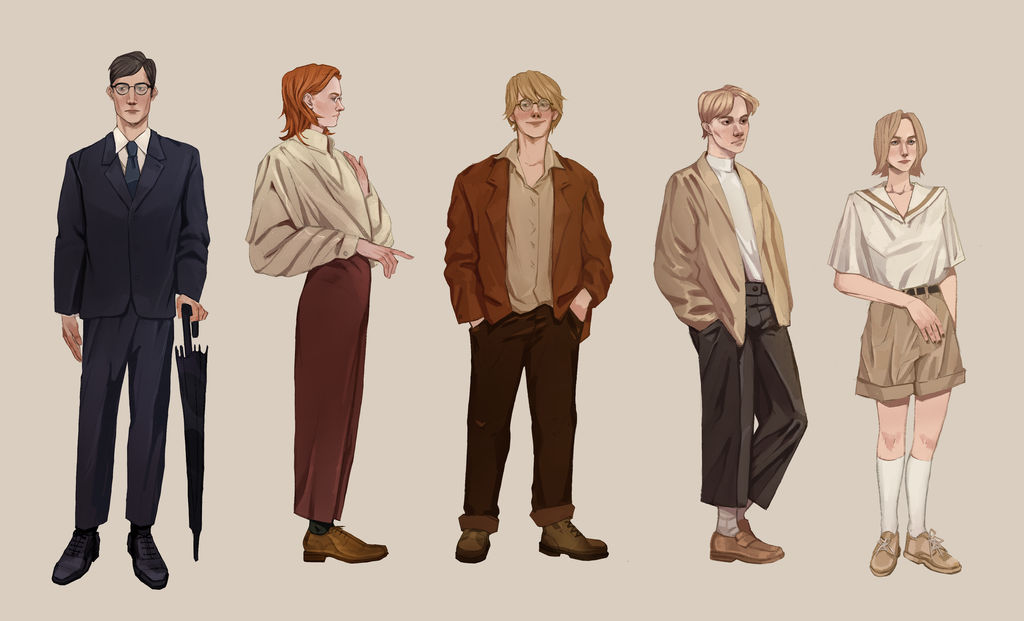
FAQ About The Secret History

How does the concept of beauty and aesthetics influence the characters' actions and beliefs?
The concept of beauty and aesthetics wields a significant influence over the characters' actions and beliefs in "The Secret History" by Donna Tartt. This theme pervades the narrative and shapes the characters' motivations and choices in several ways:
- Pursuit of the Ideal: The characters are deeply influenced by the ideal of beauty, both in physical appearance and in intellectual or moral attributes. They strive to embody this ideal in their lives, mirroring the ancient Greek concept of kalokagathia, which combines physical beauty with moral excellence.
- Intellectual Beauty: The characters associate intellectual pursuits and academic excellence with a form of beauty. Julian Morrow's mentorship and the study of classical works are considered beautiful in their own right. This intellectual beauty inspires the characters to push their limits in pursuit of knowledge.
- Aesthetic Appreciation: Throughout the novel, the characters frequently engage in discussions and contemplations of art, literature, and other aesthetically pleasing aspects of life. They take pleasure in beautiful objects, places, and experiences, which serves as a source of motivation and satisfaction.
- Duality of Beauty: The characters are drawn to the duality of beauty, which is reflected in the novel's exploration of light and dark, good and evil. They are attracted to both the light, beautiful aspects of life and the darker, morally ambiguous elements. This duality is mirrored in their actions and beliefs.
- Justification of Immorality: The pursuit of beauty and aesthetics sometimes serves as a justification for the characters' morally questionable actions. They convince themselves that their pursuit of an idealized life, akin to the ancient Greeks, justifies transgressions and allows them to transcend conventional morality.
- Comparison with the Past: The characters often compare themselves and their experiences to the idealized beauty and aesthetics of ancient Greece. They view their lives as a means of emulating the beauty and intellectual excellence of that era, even as they confront the darker aspects of their own actions.
- Tension with Reality: While the characters are drawn to beauty and aesthetics, their pursuit often brings them into conflict with the harsh realities of life. Their desire for an idealized existence clashes with the moral compromises and consequences they face, creating tension and conflict in the narrative.
- Irony and Paradox: The novel uses irony and paradox to highlight the characters' fascination with beauty. They seek beauty and transcendence but often find themselves mired in morally ambiguous situations and surrounded by darkness.
